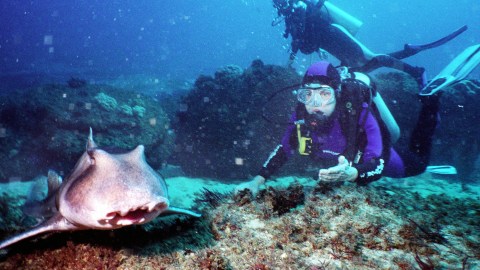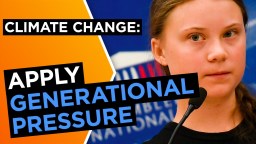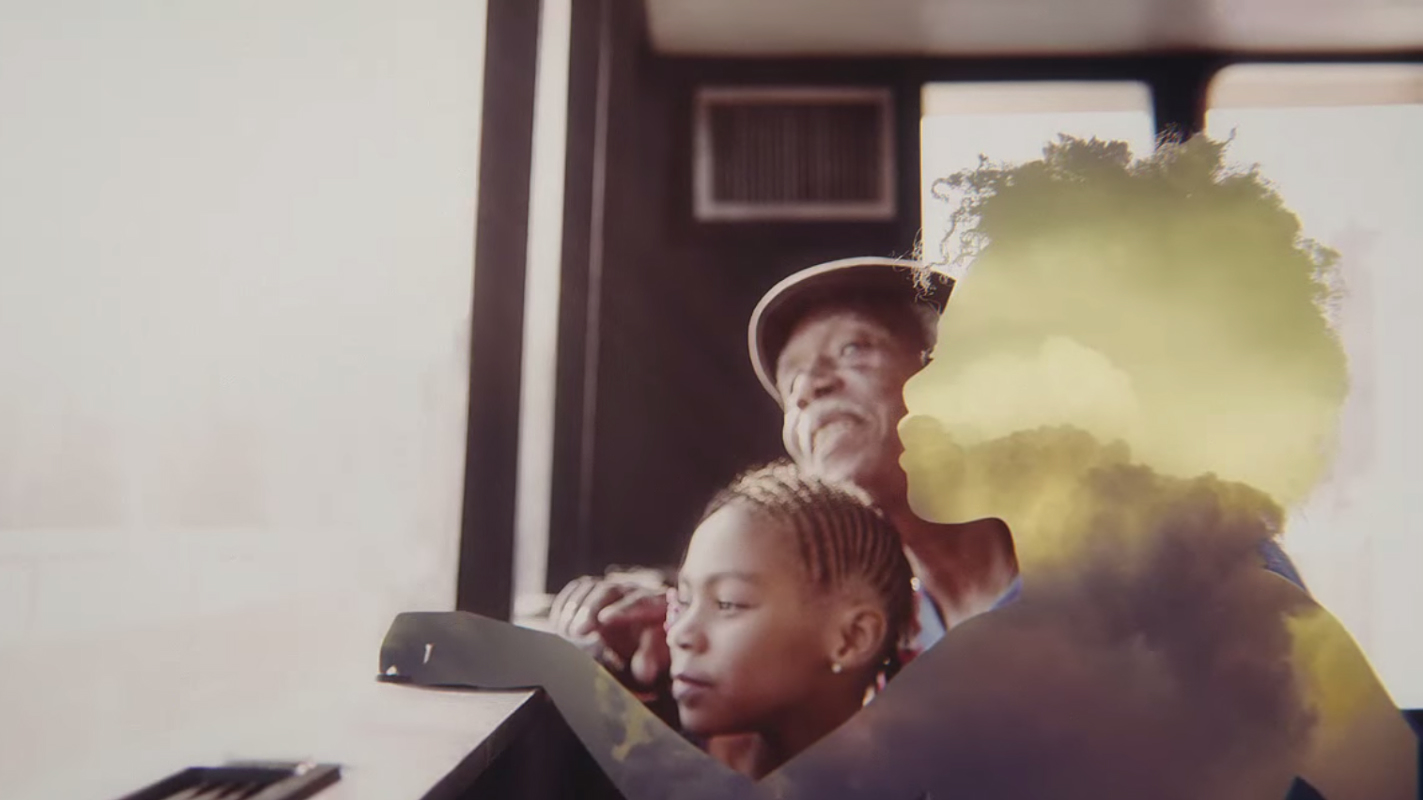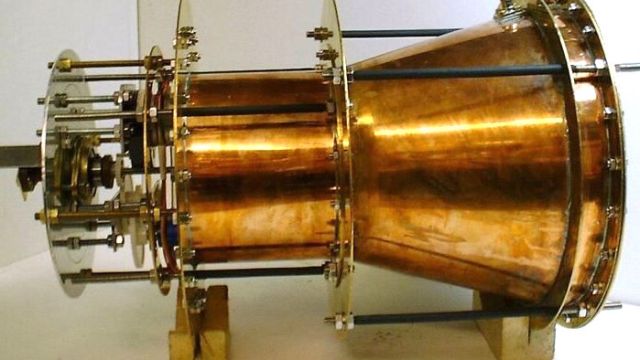Underwater National Parks: A Compelling Case

Awestruck by nature, early American explorers wrote about western landscapes in terms of such singular amazement that residents of the east coast interpreted their accounts to be works of fiction. Since then, national parks and reservations have been established throughout the United States in order, as stated in the so-called Organic Act of 1916, “to conserve the scenery and the natural and historic objects and the wild life therein and to provide for the enjoyment of the same in such manner and by such means as will leave them unimpaired for the enjoyment of future generations.” An imperative to preserve natural beauty and diversity runs through much of American history. The benefits of national parks far exceed their profound picaresque appearance: they help to maintain biodiversity and to produce quantities of fresh air that are crucial to our survival. In short, they constitute a wonderful means of preserving ecological stability and splendor.
Sylvia Earle—marine biologist, oceanographer, explorer, founder of Mission Blue, and subject of a recent documentary—recently published an article with John Bridgeland underscoring the virtues of America’s national parks and calling for the establishment of similar areas of conversation for underwater habitats. Earle has long been both a scientist and a passionate advocate for marine habitats. Indeed, she was the first female chief scientist of NOAA and eventually left the position once she felt that the job compromised her ability to advocate on behalf of underwater ecosystems. Offering a pithy overview of the relevant stakes, she says: “No ocean, no life. No ocean, no us.”
American marine life has suffered enormously in recent years. For example, rising ocean temperatures precipitated what NOAA described as the third “global coral bleaching event,” which harmed many of the world’s coral reefs, severely threatening regions near Florida and Hawaii among others. Indeed, “NOAA estimates that by the end of 2015, almost 95 percent of U.S. coral reefs will have been exposed to ocean conditions that can cause corals to bleach.” NPR reported that Codfish were once so plentiful on Cape Cod as to sustain New England’s fishing industry; now, local cod are increasingly scarce and local restaurateurs are switching to serving cod from Iceland. Among the many other marine animals dwelling in American coasts whose populations have fallen and struggling to recover or persist are orca, beluga whales, manatees, otters, seals, and sea lions. A lot is at stake in the cause to protect marine habitats.
While underwater national parks are a novel idea, identifying specific regions for special protection is not. Earle herself coined the term Hope Spots, which refer to areas of critical importance to the well being of Earth’s oceans. President Obama recently expanded a national marine monument in Hawaii to become the largest protected area in the world, over twice the size of Texas. This, in part, was building on George W. Bush’s decision to establish the Papahanaumokuakea Marine National Monument.
While there is evidence of support from both sides, much more is necessary to protect marine ecosystems both in America and globally. Earle and Bridgeland write, “Bipartisan progress has been made in the U.S., but we must aggressively build on it here and around the world.” One big step would be to draw on the successes of National Parks such as Yellowstone and Yosemite by creating similar areas for underwater habitats.





